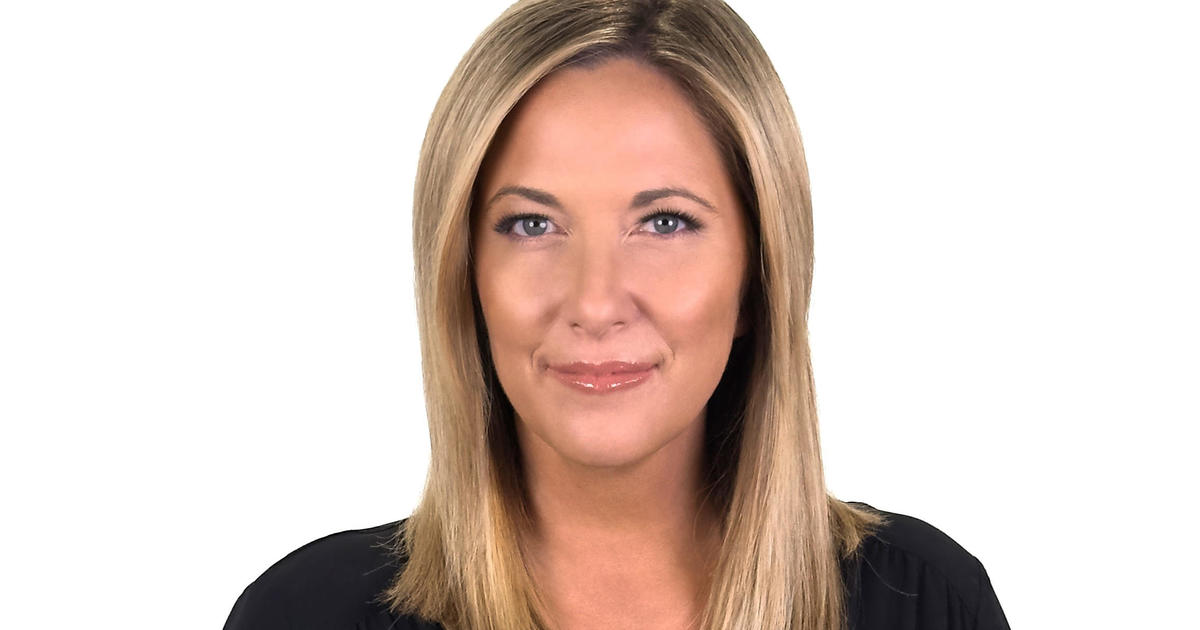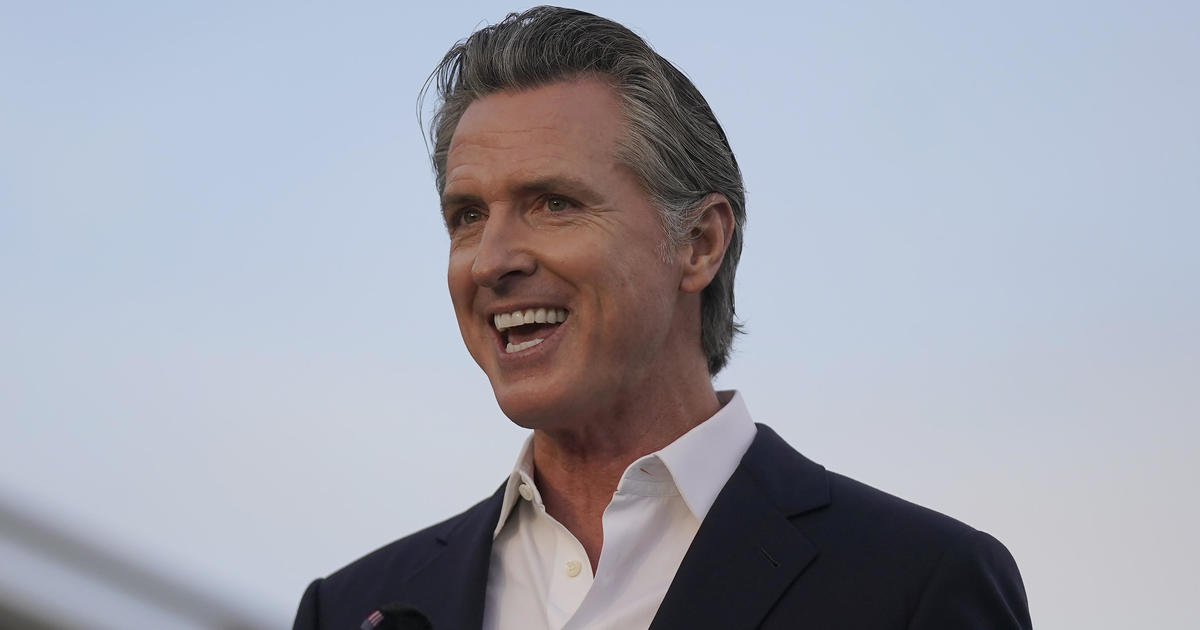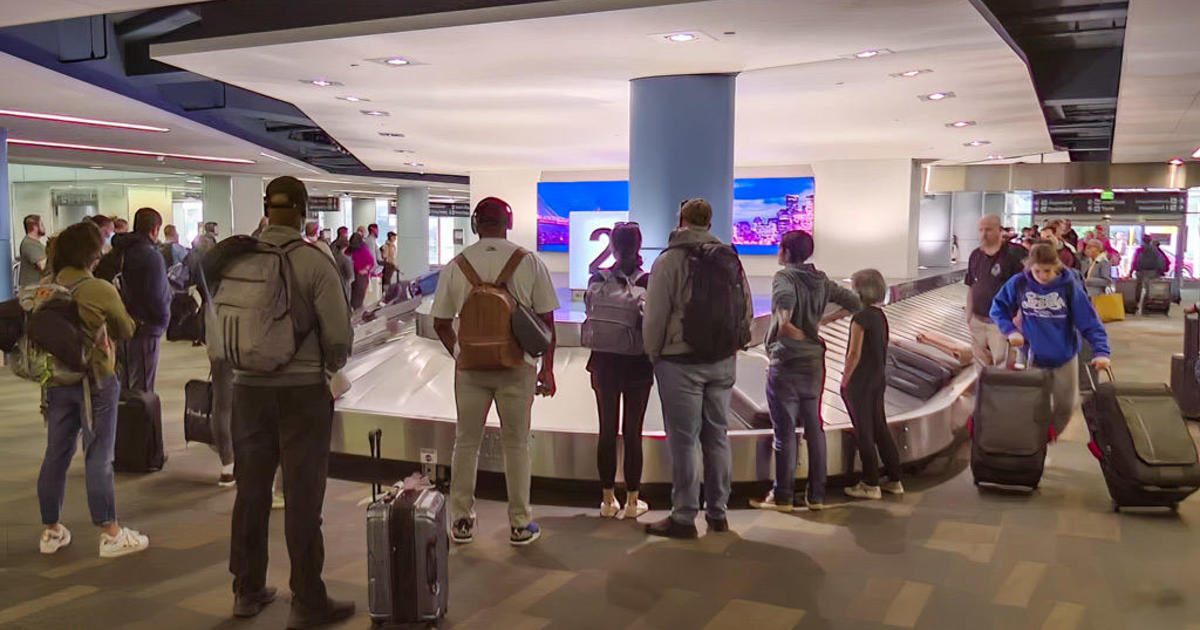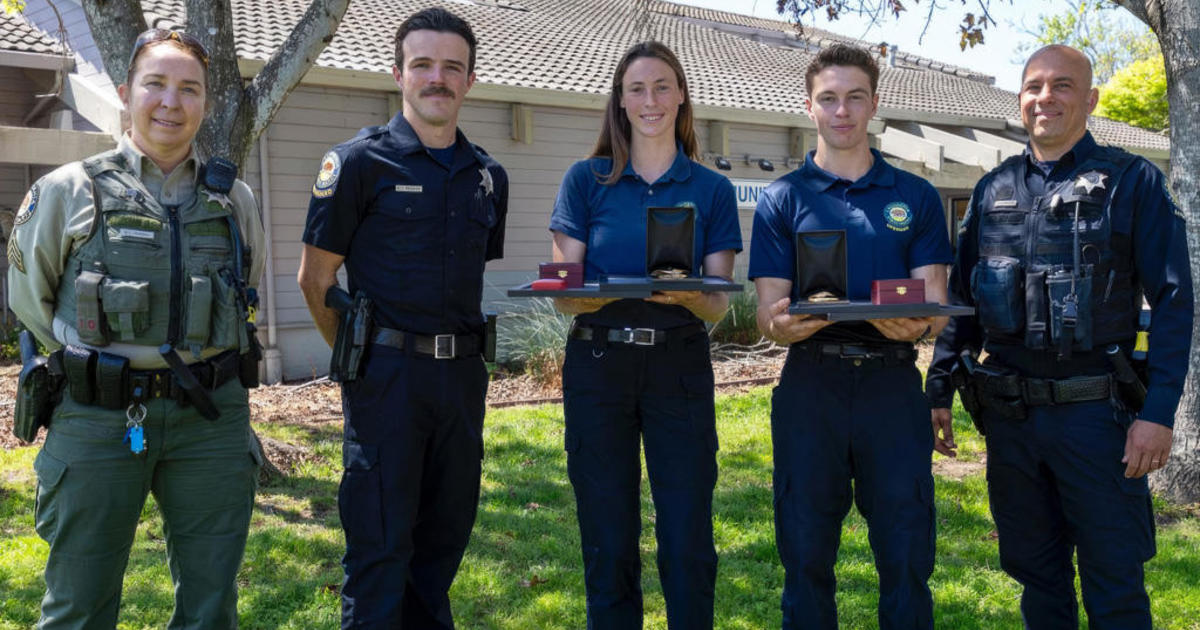California Budget Crisis Spawns 3 Ballot Initiatives
LOS ANGELES (AP) -- Outside Gov. Arnold Schwarzenegger's office hangs a clock of sorts. But instead of telling time, it shows how many days the state has been without a budget and calculates a running tab of how much that's costing taxpayers.
"Legislature's failure to pass a budget," the sign reads.
California's Legislature is notorious for missing its budget deadline, but this year it surpassed itself with the longest fiscal impasse in the state's history.
Proposition 25 seeks to put an end to the stalemates by allowing the Legislature to pass a budget by a simple majority vote, instead of the current two-thirds threshold. The high bar has long been blamed as a key culprit for the budget holdups because it requires getting consent from some members of the minority Republican Party, who will not approve a budget unless they can extract a long list of concessions from majority Democrats.
The measure is one of three spawned by the state's fiscal crisis on this November's ballot. Propositions 22 and 26 would change ways state and local governments obtain revenue.
Proposition 25, however, is the broadest reaching of the three.
Backed by state teachers, nurses and firefighters and other public employee unions, the measure would bring California in line with most other states' budget policies. Only two other states—Rhode Island and Arkansas—require large supermajorities to adopt spending plans.
"This will break the logjam and pass an earlier budget," said Marty Hittelman, president of the California Teachers Federation, which authored the proposition.
The proposition would keep California's two-thirds threshold for constitutional amendments and tax increases. It also would hold lawmakers accountable for delays by docking their pay and daily living allowance for each day the budget is not passed after June 15. The state's fiscal year starts July 1.
Detractors say the proposition gives too much power to the majority party.
"Proposition 25 does nothing to guarantee that a budget will be passed on time," said Matt Klink, spokesman for the Stop Hidden Taxes-No 25 Yes 26 campaign, which is being backed largely by the California Chamber of Commerce and oil and alcohol companies. "A 50 percent budget vote is by no means going to solve California's budget problems."
He said it's no accident that public employees are backing Proposition 25.
"They need to keep the money spigot open in Sacramento to fund their lucrative pensions," Klink said.
Supporters say lowering the vote threshold is only one element of comprehensive budget reform, but a needed one. Each year, Republican lawmakers hold up the budget so they can horse-trade to obtain concessions, giving them disproportionate power and allowing them to railroad through pet projects, Hittelman said.
"Our country was founded on majority rule," he said.
A Field Poll released in July show that voters across partisan lines overwhemingly like the idea of a lower budget-vote threshold by a 3-to-1 margin.
Both propositions 22 and 26 would make it harder for governments to generate revenue by prohibiting actions officials have resorted to in recent years to solve gaping deficits.
Proponents of Proposition 22, including the League of California Cities, and the state police and fire chiefs and library associations, say the measure would close loopholes that last year allowed Sacramento to "raid" local coffers for $5 billion, forcing municipalities to cut public safety, road repairs and libraries.
"The state is balancing the budget on the backs of the cities," said Doug Fry, chief of the Belmont-San Carlos Fire Department. "A number of agencies are closing fire stations and companies. It's impacting response times. We just want to be able to keep our own money."
Opponents, including the state teachers and nurses associations, and the California Professional Firefighters, note that besides protecting local public safety and transportation budgets, the initiative also would protect redevelopment money.
By locking in that money, pressure to raise taxes would increase and public education and health care would be slashed because the state would not have access to funding in a crisis, they argue.
Proposition 26, which is being pushed by the California Chamber of Commerce and businesses, would make it harder for state and local governments to levy fees.
Seeking to close loopholes allowing governments to disguise taxes as fees, supporters want to make fees subject to the same rules as taxes: two-thirds approval by the Legislature for state fees and voter approval for local fees.
That would eliminate "hidden taxes" such as Los Angeles' trash-collection fee, which pays for public safety, said Klink of the Stop Hidden Taxes-No on 25 Yes on 26 campaign.
"It has no relation for the service provided," Klink said. "These hidden taxes make it impossible for local businesses to plan."
Detractors say businesses simply want to avoid paying levies for the impacts they cause. Fees for traffic effects, oil pipelines and oil spill protection and response assistance would be affected, they say.
"This isn't about taxes," said Janis Hirohama, president of the League of Women Voters of California. "This is about protecting the bottom line and passing costs on to the consumer."
(© 2010 The Associated Press. All Rights Reserved. This material may not be published, broadcast, rewritten or redistributed.)



